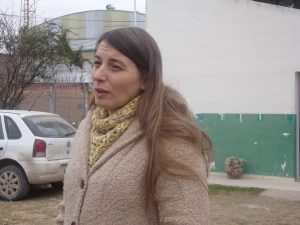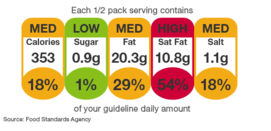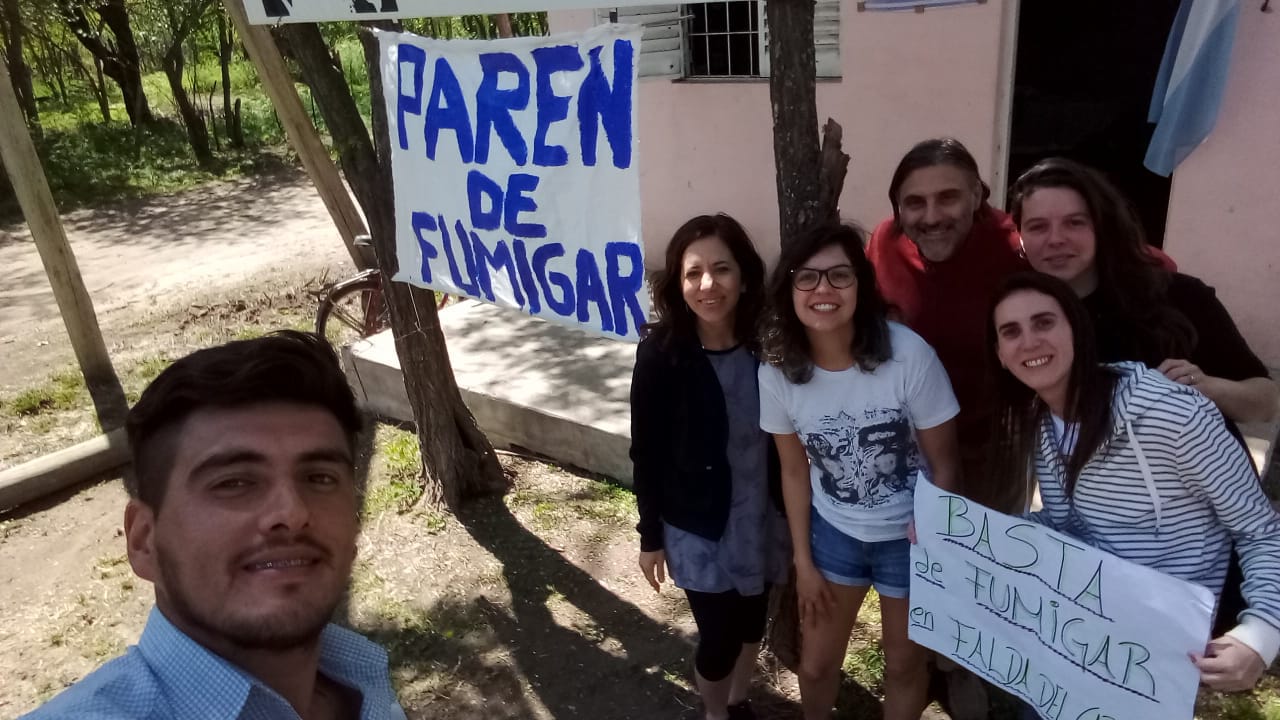In the last weeks, a case of non-punishable abortion in the city of Concordia was reported to a girl victim of rape. Health professionals from the hospital where the practice was performed made the case public, violating the professional secrecy and the right to privacy of the patient. A short time later a sentence of the Civil and Commercial Chamber of Paraná was known that condemned the State to pay compensation to a woman who was denied the practice of non-punishable abortion, having to continue with a pregnancy that resulted, after childbirth , in a cerebrovascular accident (CVA) that left sequels to him for life.
“Below, we offer a google translate version of the original article in Spanish. This translation may not be accurate but serves as a general presentation of the article. For more accurate information, please switch to the Spanish version of the website. In addition, feel free to directly contact in English the person mentioned at the bottom of this article with regards to this topic”.
Abortion in Argentina is legal on grounds
Since 1921, according to Article 86 of the Penal Code and ratified by the Supreme Court of Justice of the Nation in the ruling “F.A.L” of 2012, abortion is legal in the following cases, regardless of the weeks of gestation:
If it represents a risk to life or to the physical, emotional and social well-being of the pregnant person;
If it is the product of a violation.
The same ruling urges the provincial states to provide the necessary conditions to carry out legal interruptions of pregnancies in a fast, accessible and safe manner.
Entre Ríos is one of the 10 jurisdictions that have adhered to the National Protocol or have protocols that meet the criteria established by the ruling F.A.L. At the end of last year the Ministry of Health of the province, through resolutions 2383 and 3616/17, updated its “Protocol for the comprehensive care of people with the right to legal interruption of pregnancy,” repealing the previous guide that was restrictive , and adhering to the National Protocol.
Falsedades around a practice framed in the law
A 13-year-old girl who is pregnant as a result of a rape agreed to her right to interrupt her pregnancy. The practice was carried out on November 10 at the Hospital Masvernat de Concordia, thanks to health and judicial professionals who guaranteed the practice in a safe manner, applying the current regulations.
Anti-right groups used this situation to conduct campaigns based on fallacies and distortion of the facts, to harass and intimidate those who complied with the law by carrying out the medical procedure. They said that the fetus survived 10 hours and also circulated a video in which an apparent human fetus is seen, inside the gestational sac. Then they clarified that the video does not correspond to the case but they did not establish to which medical practice it corresponded.
However, the Ministry of Health clarified in a press release that it is not possible for survival to occur within the conditions established by the protocol, as it did not happen in this case. In addition, he said that he is analyzing the possible occurrences of violation of professional secrecy, the Patient Law and his duties as public officials and indicated that medical secrecy is a key element of the patient’s rights.
They condemned the State for preventing a legal abortion
On December 9, the ruling of Chamber II of the Civil and Commercial Chamber of Paraná was announced, confirming the first instance ruling issued by Civil and Commercial Judge No. 7, Martín Furman. This sentence had condemned the State to pay compensation for the damage caused to a woman who suffered a cerebrovascular accident as a result of childbirth after having denied the legal interruption of pregnancy.
The patient suffers from a congenital disease called Tetralogy of Fallot. In 2005, after 5 spontaneous abortions, she requested a tubal ligation, which was authorized because of the danger that pregnancy meant for her health and her life. He was admitted to perform the tubal ligation, but the operation was not performed because the operating room was not in condition, and it was never reprogrammed.
In 2011, she attended the San Roque Hospital, studying a 10-week pregnancy. He was prescribed medical studies and after meeting the Hospital Multidisciplinary Ateneo, he was advised to stop the pregnancy. The patient consented and the intervention (cesarean section) was scheduled for the following week at the San Martín Hospital, due to the need to have a highly complex institution. When she was admitted for the pre-surgical studies, she also signed the informed consent for the tubal ligation after the interruption of the pregnancy.
That same day, a cardiologist from the hospital burst into his room and managed to get the surgery interrupted, arguing that “what they were going to do to him is a crime.” Then a resident doctor intervened, who ruled the suspension of the cesarean and ordered the referral of the patient to the Posadas Hospital in Buenos Aires. There she was hospitalized for a few weeks until delivery by caesarean section. Eight days later he suffered a stroke with serious consequences: paralysis on the left side of his body and difficulties in reasoning.
The judgment of first instance, confirmed by the Chamber, considers proven the nexus of causality between the non-interruption of the pregnancy and the cerebrovascular accident. In addition, he affirms that the doctors acted guilty because by preventing the surgery, they did not do everything that they should have done to avoid the damage. He also attributes the responsibility to the State, which through doctors of public hospitals “made the plaintiff change a decision that he had already taken legitimately to protect his health and life, also violating his human right to health and, thus, It caused a vascular brain accident.”
Thus, the Justice made room for the lawsuit filed by the patient against the State and sentenced him to pay him an amount of more than $ 400,000 for damages.
However, there was no reproach towards the doctors.
A right of all
It is essential to remember the normative framework in force in our country and promote respect for the right of women and pregnant women to the legal interruption of pregnancy, which has been in force for almost 100 years. The State must not allow dilatory and hindering maneuvers, but arbitrate the means for effective access to this legal practice. The malicious actions of anti-rights groups that misinform the population and refuse to respect the laws in force endanger the health and life of women and pregnant people.
Access to legal interruption of pregnancy without delay or obstacle is a recognized human right in our national and international legal framework. The State must consolidate an institutional framework in which the rights to health, sexuality and reproductive security are respected, eliminating all the judicial and administrative barriers that obstruct access to this right.
Contact
Mayca Balaguer, <maycabalaguer@fundeps.org>













